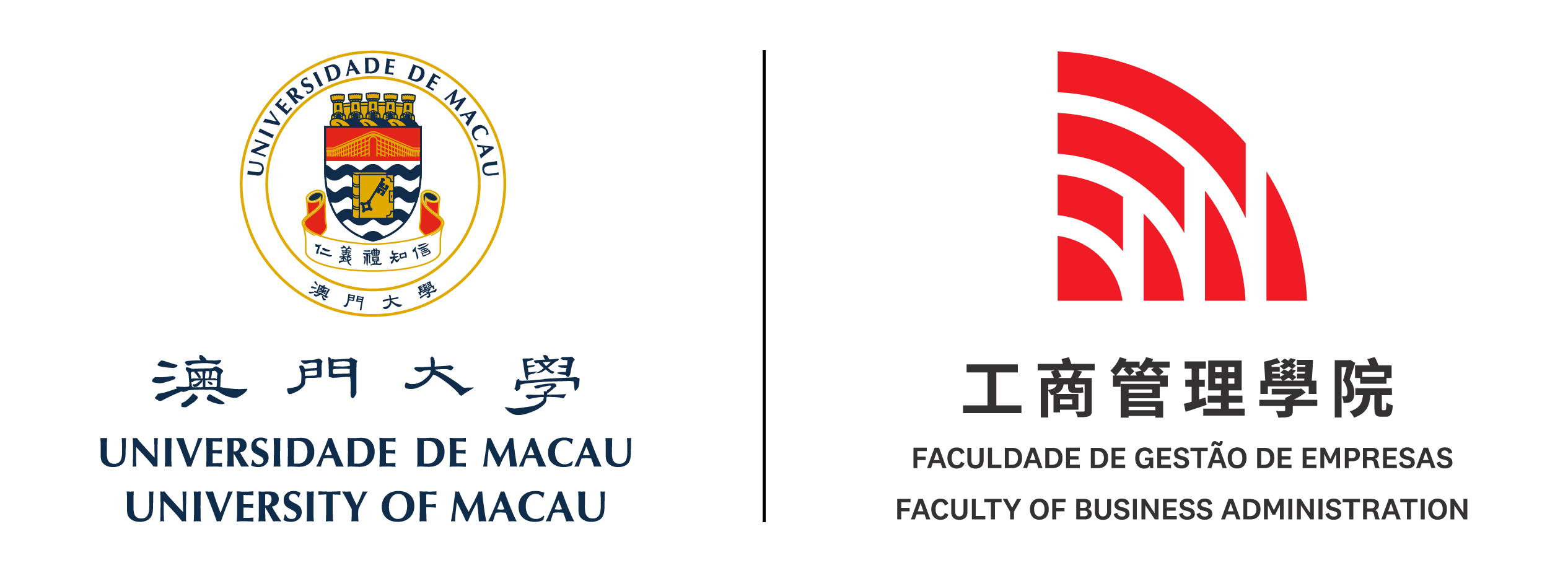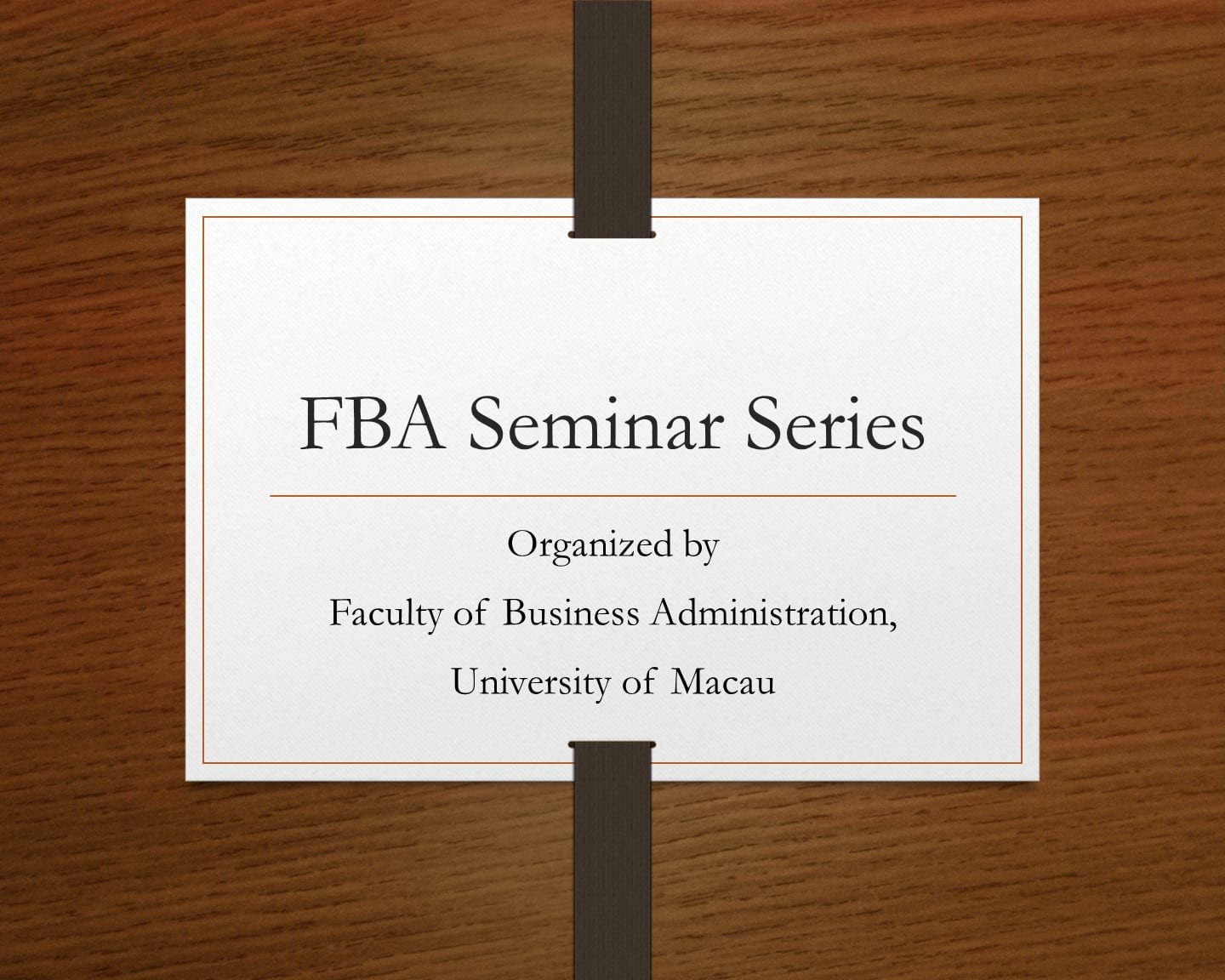Faculty of Business Administration
Understanding of food tourists’ local food consumption
Prof. Seongseop (Sam) KIM
Professor, School of Hotel and Tourism Management
The Hong Kong Polytechnic University
Abstract
The first paper attempts to understand the relationships among tourists’ indigenous ethnic food consumption attributes, consumption value, and epistemic/emotional benefits, and their roles in predicting future behavioral intention. This study uses an attribute–benefit–value–intention (ABVI) model to understand consumption behavior of international tourists concerning local food consumption experiences. The constructs assessed in the study include the attributes and benefits of local food, consumption value, and future intention. The second paper is to propose a model – the hierarchical local food consumption value mapping (HLFCVM) – as a medium to convey the diversity of international tourist culinary perceptions. To test the hypothesis that tourists cultural backgrounds influence the HLFCVM, the researchers compared the mappings that were generated across each of the eight groupings. Japanese and Thai respondents generated unique maps which were simpler in their makeup to those of other cohorts. The third paper is to identify the functions of local food attributes and benefits from local food consumption on satisfaction, behavioral intention, and destination familiarity. The adopted methods used to achieve the objectives were impact-range performance analysis (IRPA) and impact asymmetry analysis (IAA).
Date: 25 September, 2019 (Wednesday)
Time: 15:00 ~ 16:30
Venue: Anthony Lau Building, E4 – G053
Biography
Prof Sam Kim received MS and PhD in Recreation, Park and Tourism Sciences from the Texas A&M University in 1996 and 1999, respectively. He became an Assistant Professor in 2000 at the Sejong University, Seoul, Korea and served as a Professor at the same school before he joined the School of Hotel and Tourism Management at The Hong Kong Polytechnic University as an Associate Professor in August 2012. Then he became a Professor in July 2018.
Academically, the number of published or accepted papers in the referred Journals reaches 147. Thus, he is one of the most prolific authors in the tourism and hospitality field. He is listed in the top 10 based on Mulet-Forteza et al. (in press). Journal of Business Research); listed in the top 7 in the area of tourism research in the top 3 tourism journals according to Li and Xu (2015). Tourism Management Perspective, 13(1), pp. 1-6; and listed in the top 5 in the area of tourism research in the top 3 journals according to Park et al. (2011). Journal of Hospitality and Tourism Research, 35(3), pp. 381-416. Now that his h-index (Google Scholar) as 44 (148 papers. 7,509 citations) is very high, his papers have been popularly cited by other researchers’ articles. He has served on the editorial board of multiple international journals. His research interest includes green marketing, responsible tourism, green/responsible festival/event/convention, and consumer behavior issues.
ALL ARE WELCOME!


